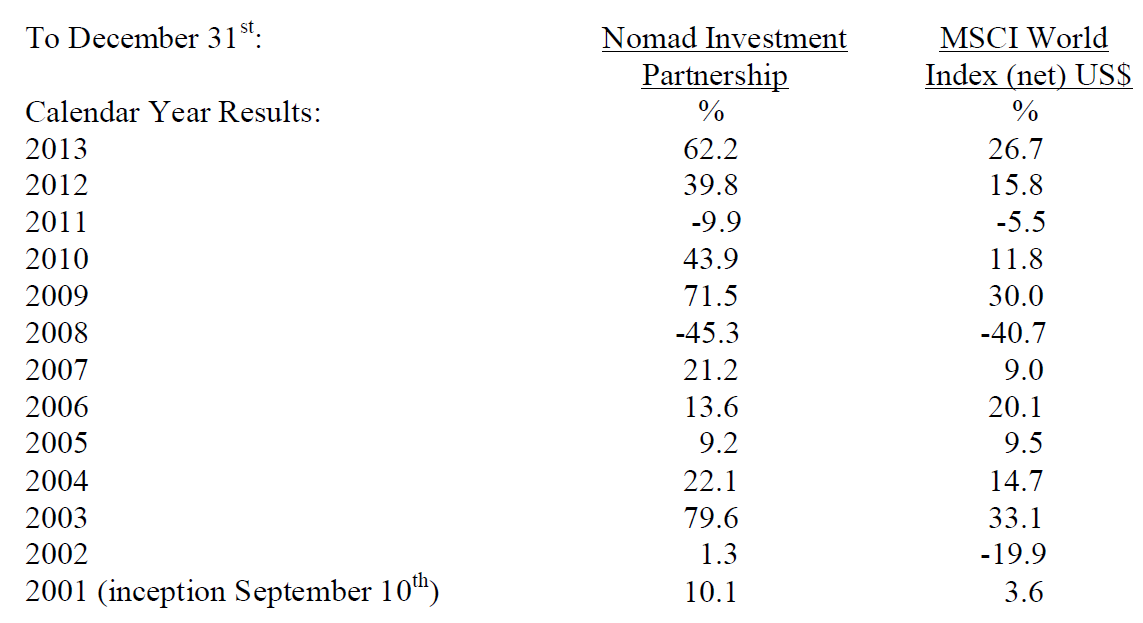
Excited to share my conversation with @scmallaby who shared his research process and insights on legendary investors.
“The key was to do an unreasonable amount of preparation work. It shows that you're serious and not wasting people's time by asking obvious questions.”
“The key was to do an unreasonable amount of preparation work. It shows that you're serious and not wasting people's time by asking obvious questions.”
“What you really want to know is their thought process around an important or interesting trade. How did they make the call? How did they develop conviction? How did they hold on during the inevitable hiccups and adversity? It's that reconstruction of the case study.”
“I often show up with very detailed notes and a timeline. I'm able to say that, ‘I know from your letter that in this month you made a profit on dollar/yen. Dollar/yen had a big move on the 15th and 16th of that month. I really tried to kind of prompt them as much as possible.”
• • •
Missing some Tweet in this thread? You can try to
force a refresh








